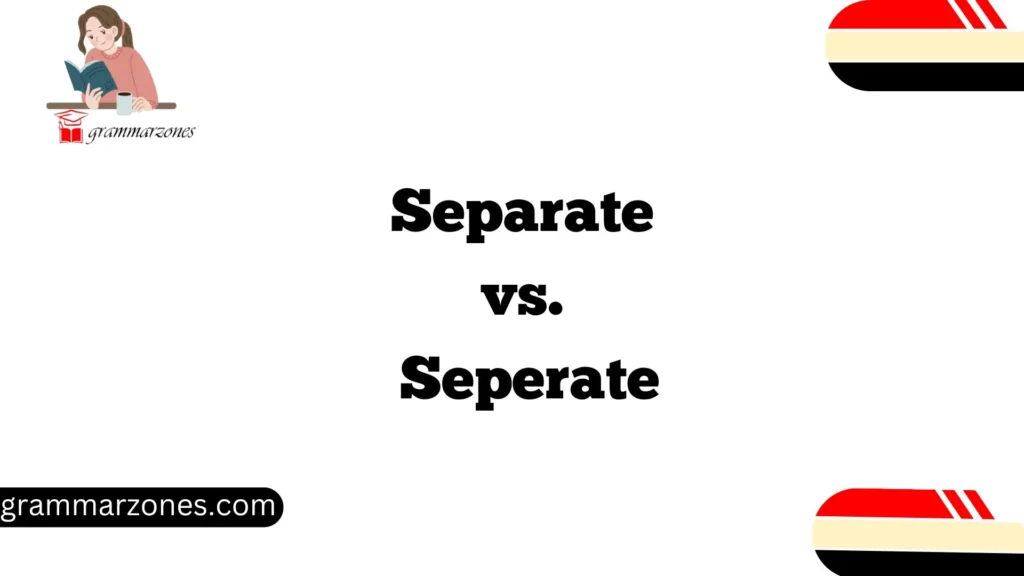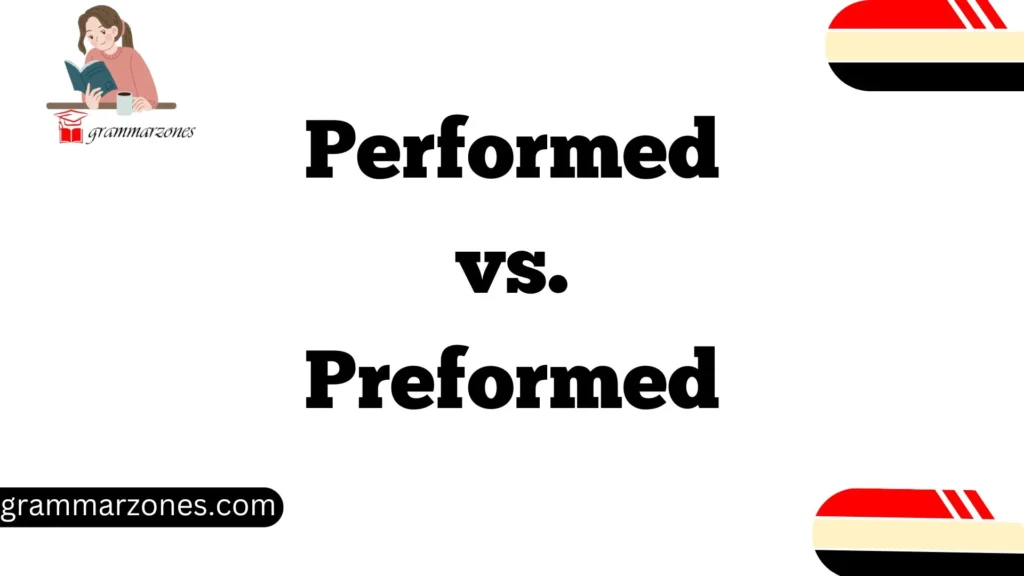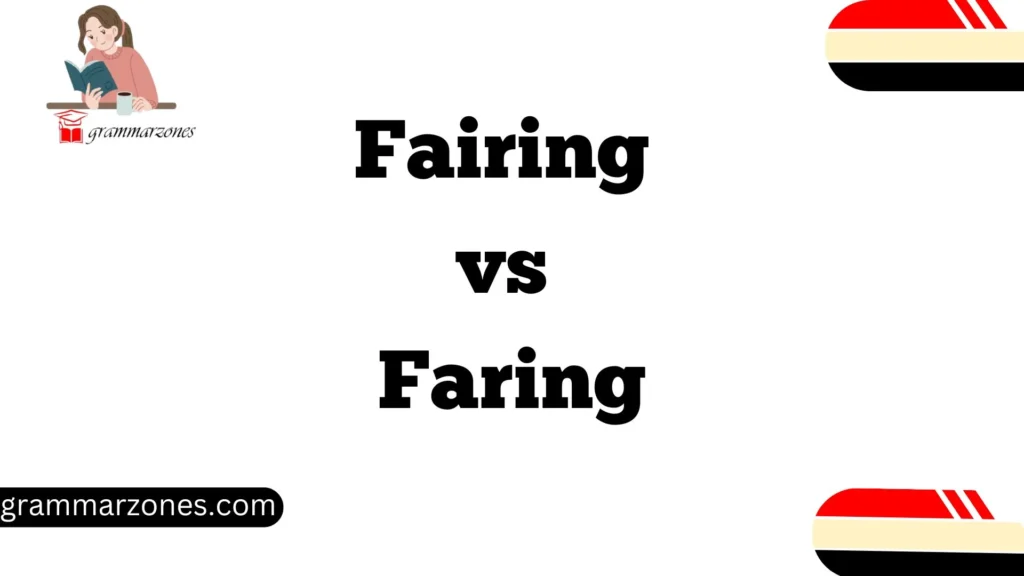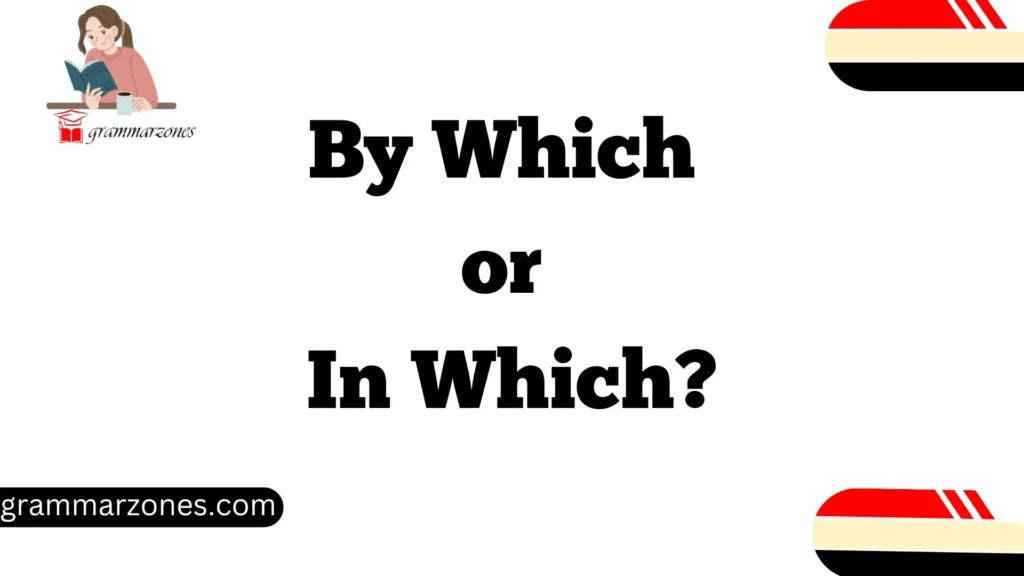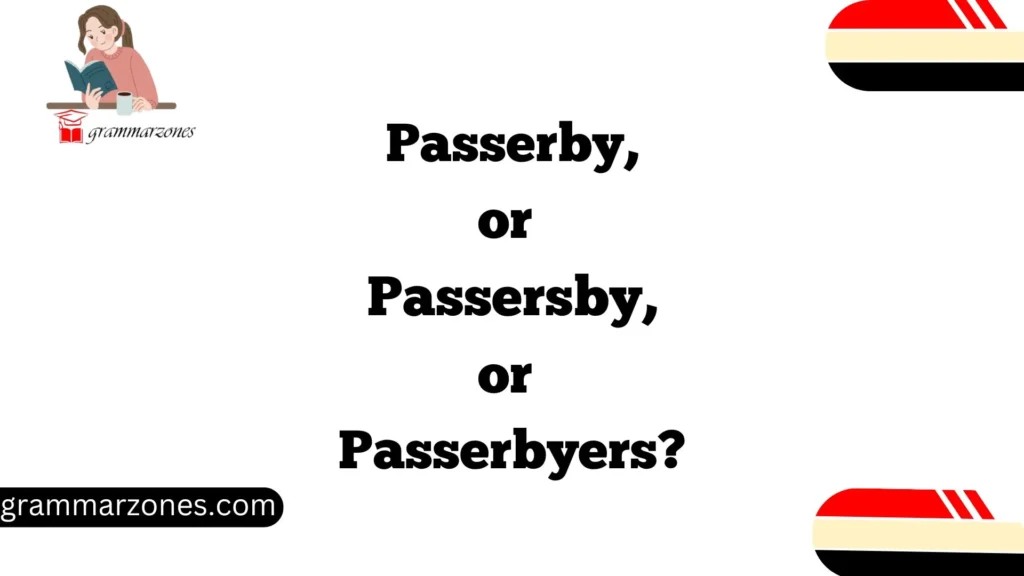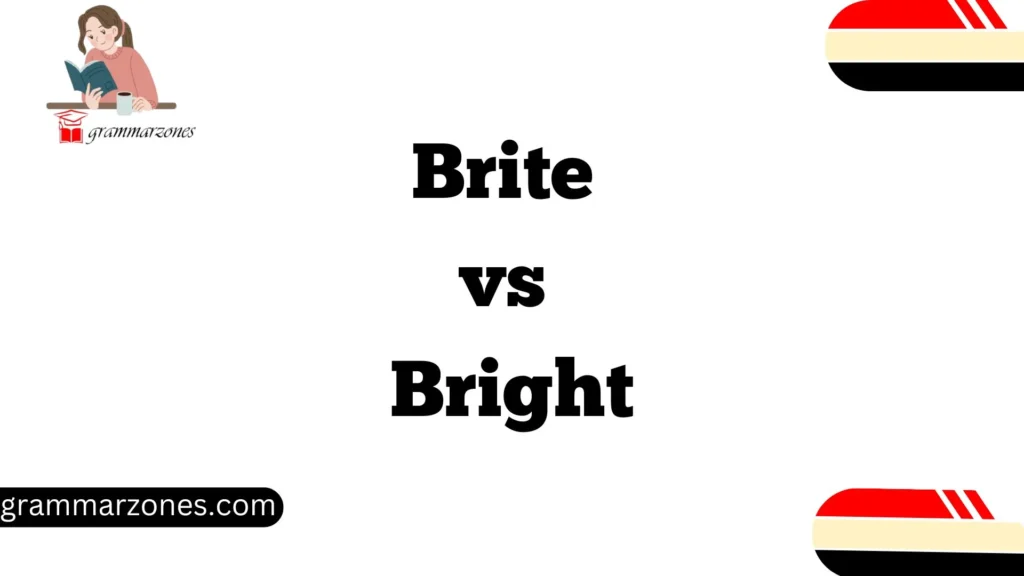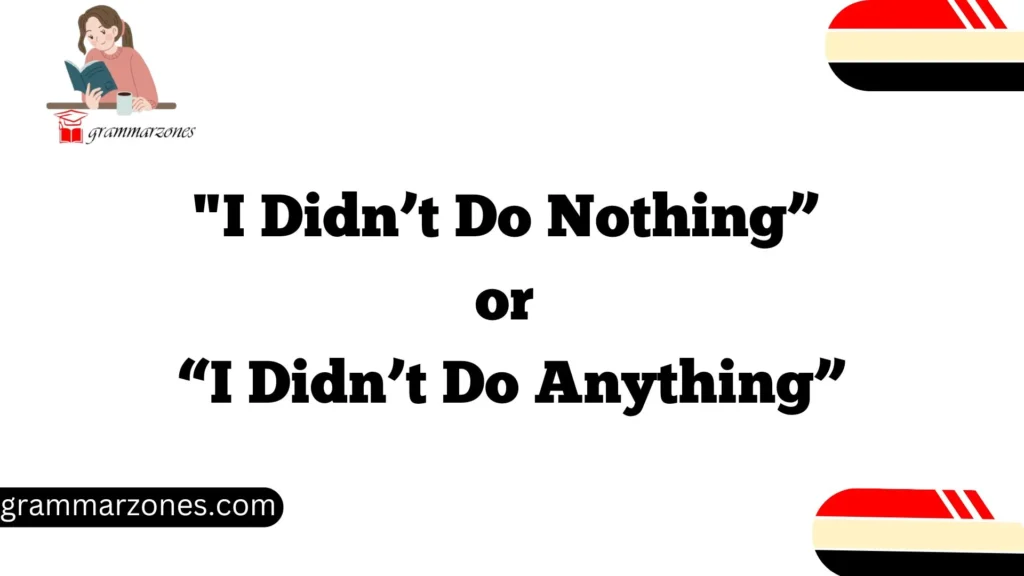If you’ve ever typed “seperate” instead of “separate,” don’t worry — you’re not alone. Many native English speakers get tripped up by this common misspelling. But here’s the thing: knowing the difference between separate and seperate isn’t just about getting the spelling right. It’s about understanding how this error reflects a larger issue in English usage and how attention to detail can set you apart in your writing. Let’s dive into why “separate” is the right choice and how to keep it in your writing forever.
The Short Answer: “Separate” Is Correct — “Seperate” Is Not
The word separate is the correct spelling. Seperate is a misspelling — plain and simple. This confusion often arises due to the pronunciation of the word, but understanding the nuances can help you avoid making the mistake again.
While it’s tempting to blame autocorrect or to chalk it up to a typo, knowing the right spelling is crucial in both personal and professional communication. It’s more than just spelling; it’s about your attention to detail and how it reflects on your overall credibility as a writer or speaker.
Definition of “Separate”
Understanding the word’s meaning helps solidify its correct usage. The word separate can function as a verb, adjective, and noun. Let’s break each of these down:
Separate as a Verb
When separate is used as a verb, it means “to divide or set apart.” It’s all about creating distinction or isolation between things.
Example sentences:
- Please separate the red apples from the green ones.
- They decided to separate the classes by grade level.
Separate as an Adjective
As an adjective, separate describes things that are distinct or not connected. It can also refer to things that exist individually, rather than as part of a group.
Example sentences:
- We need separate rooms for the meeting.
- She has separate interests from her colleagues.
Separate as a Noun
While the noun form of separate is less commonly used, it can refer to a garment worn separately, like a blouse or skirt in a collection of clothing items. In fashion, “separate” items are those that aren’t part of a set.
Example sentence:
- The shop sells both dresses and separates for women.
Pronunciation of “Separate”
When you pronounce separate, it’s easy to mix up the vowel sounds. It’s helpful to break it down:
- Verb pronunciation: /ˈsɛpəˌreɪt/
- Adjective pronunciation: /ˈsɛp(ə)rət/
The confusion with seperate stems from the fact that both words sound quite similar, but only one is correct.
“Seperate” – Why It’s Always a Misspelling
It’s time to get one thing straight: seperate is never the right choice. You may wonder, why does this misspelling happen so often? The primary reason is phonetic similarity — in speech, the word separate often sounds like seperate to the untrained ear.
However, no matter how it sounds, spelling rules don’t change based on pronunciation. English spelling can be tricky, and many words that sound the same are spelled differently. Seperate simply isn’t a word, and using it will hurt your credibility in both casual and professional writing.
In fact, you won’t find seperate listed as a correct variant in any reputable dictionary. According to Merriam-Webster and Oxford Learner’s Dictionaries, the correct spelling is always separate.
“Seperate is a common mistake that even some well-known publications and websites fall victim to. But don’t let that fool you — it’s still incorrect.” – Oxford Learner’s Dictionaries
Memory Tricks to Remember the Right Spelling
There’s a simple way to remember that separate is the correct spelling, and it comes down to the mnemonic: “There’s a rat in separate.”
When you break it down:
- The word separate contains the word rat.
- Just remember this trick: “There’s a rat in separate!” It’s a quirky, easy-to-remember visual that will help you recall the right spelling.
Another way to remember is to think of the word separate as a combination of “sep” and “rate.” It’s easy to visualize and helps keep the spelling consistent.
Phonetic Tips
Think of the pronunciation of the word: sep-a-rate. By breaking the word down into two parts — “sep” and “rate” — it becomes easier to commit the correct spelling to memory. The wrong way, seperate, doesn’t fit these phonetic patterns.
Common Contexts Where People Misspell “Separate”
There are several situations where people commonly make the seperate mistake. These include:
1. Business Communication
Emails and documents that appear professional can quickly lose credibility if spelling errors slip through. In formal settings, attention to detail is key, and misspelling separate might leave a negative impression.
2. Academic Writing
In academic environments, clear communication is a must. Professors and peers alike will notice spelling errors in essays, research papers, or thesis submissions. Avoid mistakes like seperate to ensure your work reflects your academic skills.
3. Technology and Programming
In tech, where precision is essential, errors like seperate can make a codebase look sloppy. File names, variable names, or even documentation need to be free from basic errors, including spelling mistakes.
Example in tech:
seperate-folder should be separate-folder. While not a programming error per se, using the wrong spelling can create confusion.
4. Marketing and Branding
Even brands with millions of followers can fall victim to this error. A logo, product description, or ad that uses seperate instead of separate might damage the company’s image, especially if the brand’s message is based on professionalism and detail.
Example from the real world: In a quick search of social media and websites, it’s common to see businesses misspell “separate” on banners, signs, or product descriptions.
Variants & Common Mistakes Related to “Separate”
Sometimes, separate isn’t the only word that trips people up. There are a few closely related terms that people often misuse as well.
1. “Separately” vs. “Seperately”
The correct form is separately, but many people mistakenly type seperately. Just like separate, this is another case of pronunciation leading to confusion in spelling.
- Correct: She packed her clothes separately from the other items.
- Incorrect: She packed her clothes seperately from the other items.
2. “Separation” vs. “Seperation”
Another word related to separate that often gets misspelled is separation. Again, seperation is a frequent mistake, but it’s just as incorrect as seperate. The proper spelling is always separation.
- Correct: The separation of the two teams was final.
- Incorrect: The seperation of the two teams was final.
Examples from Real Life: What Gets This Wrong
It’s surprising how often we encounter the misspelling seperate in real-world scenarios. For instance, social media posts, public notices, and even some corporate websites mistakenly use the incorrect spelling.
Common Examples:
- A Government Website: A city council’s announcement about seperate services for elderly citizens.
- Branding and Product Descriptions: “We offer seperate color choices for each item.”
- Social Media: Influencers or businesses using seperate instead of separate in captions or posts.
These mistakes may go unnoticed by casual readers, but for anyone paying attention, the misspelling can make the content seem less professional.
Tools to Help You Spell It Right Every Time
If you’re still worried about spelling separate incorrectly, there are several tools you can use to ensure you get it right:
1. Grammarly
Grammarly is one of the best tools for catching spelling errors, including commonly confused words like separate and seperate. It automatically detects these mistakes in emails, blogs, essays, and more.
2. Spellcheck in Word Processors
Whether you’re using Microsoft Word, Google Docs, or another word processor, spellcheck will flag seperate as a misspelling. Enable automatic corrections for common errors, and you’ll never make the same mistake twice.
3. Custom Dictionary Settings
For those using specific writing software, you can add seperate to the dictionary as a “misspelled word.” It will then automatically correct this mistake.
Final Tip: Say It Out Loud Before You Write It
Sometimes, the best way to avoid common errors is to hear the word out loud before you write it. Try saying separate a few times, paying attention to how it sounds. This auditory reinforcement can help you visualize the spelling and avoid the temptation to write seperate.
Summary: Quick Recap Table
| Word | Correct? | Meaning/Use |
| Separate | ✅ Yes | To divide, set apart |
| Seperate | ❌ No | Misspelling, not a real word |
| Separately | ✅ Yes | Done in a separate manner |
| Separation | ✅ Yes | The act of separating |
Conclusion: Separate Yourself from the Mistake
The word “separate” is one of the most commonly misspelled words in the English language — and it’s easy to see why. It sounds like it should be spelled seperate, but that’s just a trap for the unwary. Using the correct spelling consistently shows attention to detail, improves your credibility, and keeps your writing polished and professional.
Whether you’re drafting a business proposal, creating content, coding, or simply sending a message, remembering that “there’s a rat in separate” can help you lock it in once and for all. Every time you choose separate over seperate, you’re making your writing clearer and stronger.
FAQs About “Separate” vs. “Seperate”
Is “seperate” ever correct?
No. Seperate is always incorrect. It is a common misspelling of the word separate, which is the only correct version.
Why do people commonly spell it as “seperate”?
The confusion often comes from how the word sounds when spoken. The middle syllable sounds like “er” or “uh”, leading people to incorrectly write seperate instead of separate.
How can I remember how to spell “separate”?
Use this mnemonic: “There’s a rat in separate.” The letters r-a-t appear in the middle of the correct spelling. This trick helps lock the correct spelling into your memory.
What’s the difference between “separate” and “separation”?
- Separate is the root word and can be a verb (to divide) or an adjective (distinct).
- Separation is a noun that refers to the act or process of separating.
Example:
We need to separate these files. (verb)
There was a clear separation between the two groups. (noun)
Can “separate” be used as a noun?
Yes, but it’s rare. In fashion, separates refer to clothing items like skirts, pants, or blouses that can be worn individually and combined with other items.

“Emma Rose is a dedicated language enthusiast who loves to explore the beauty of English grammar and writing. Through GrammarZones.com, Emma shares her expertise and passion for language, offering helpful resources and engaging lessons for learners at all stages.
